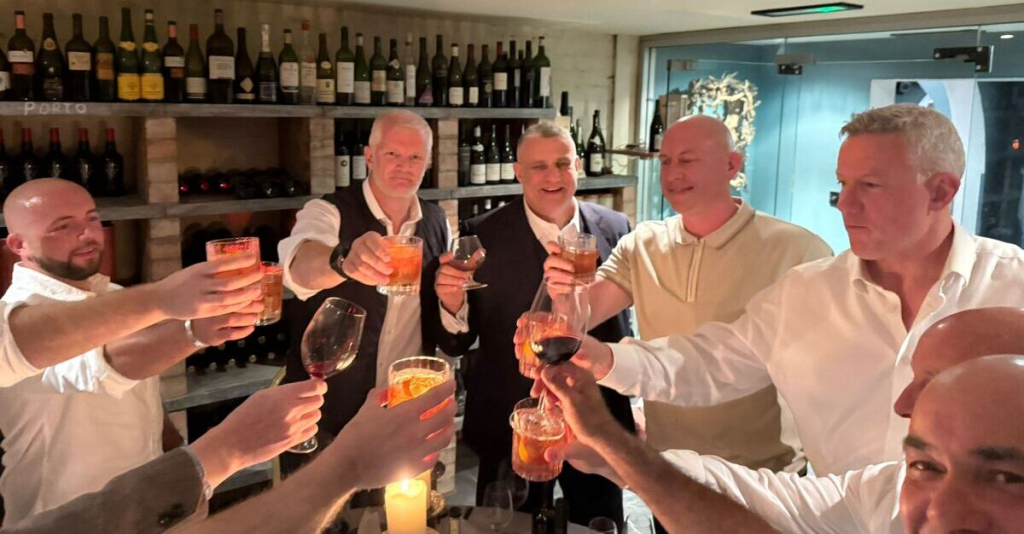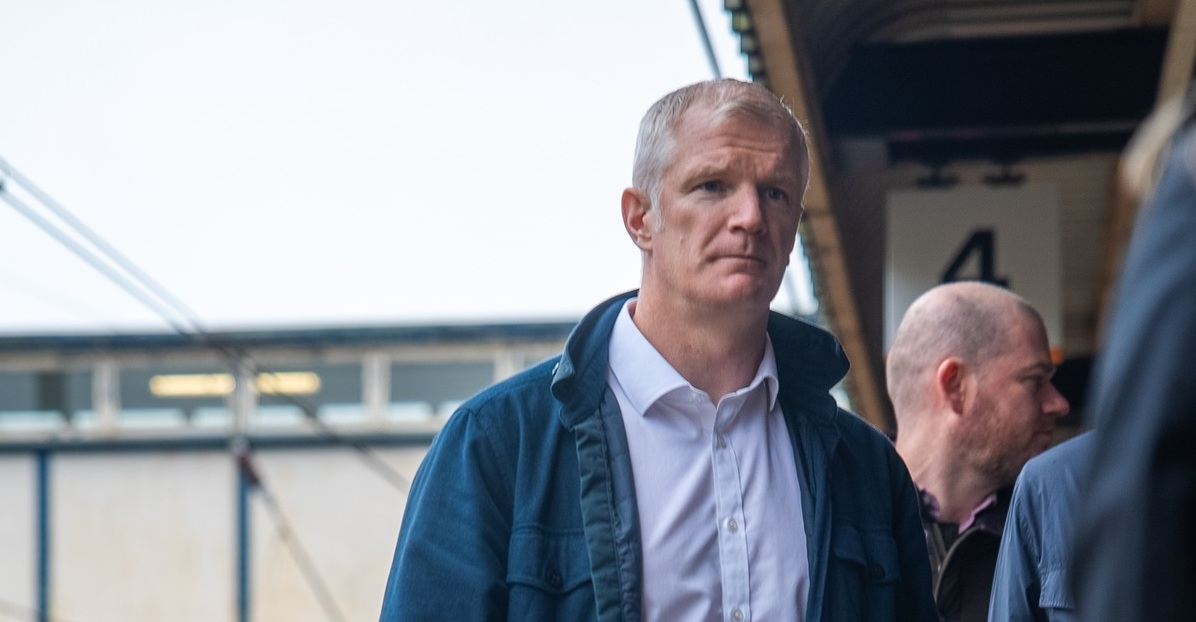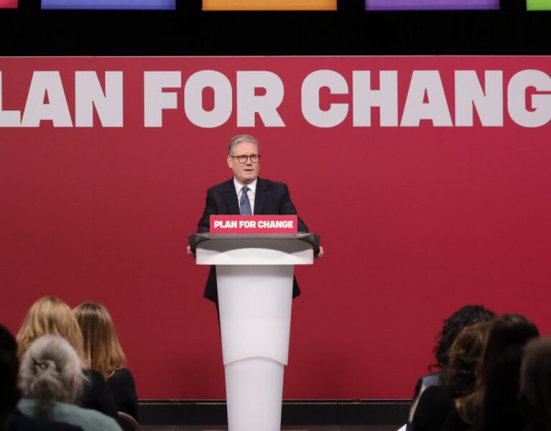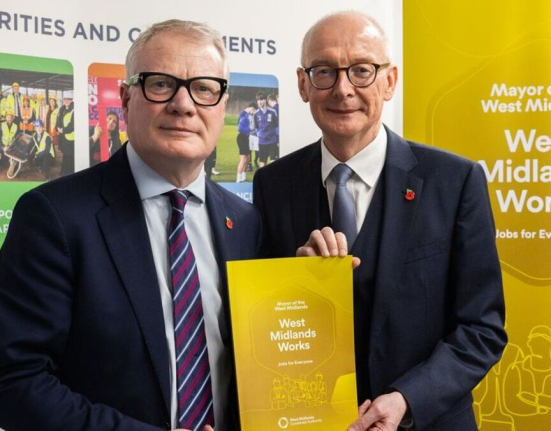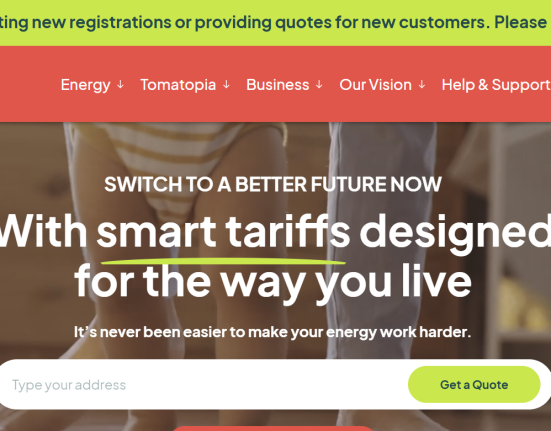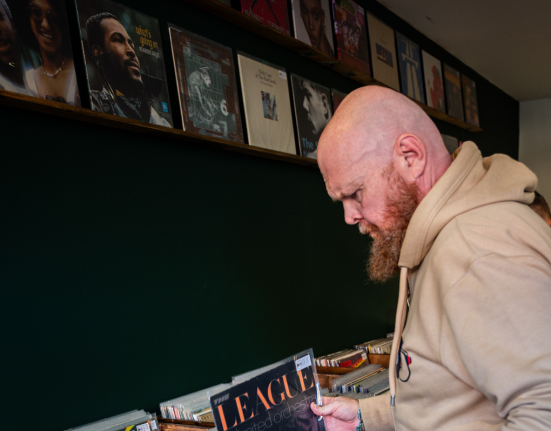Government minister Al Carns has formally thanked Brummie business leader Professor Paul Cadman on notching up a staggering 200 blood plasma donations.
The Veterans Minister and MP for Birmingham Selly Oak wrote to Cadman: “I wanted to take a moment to formally thank you for your LEGENDARY 200th donation. It is a remarkable milestone.”
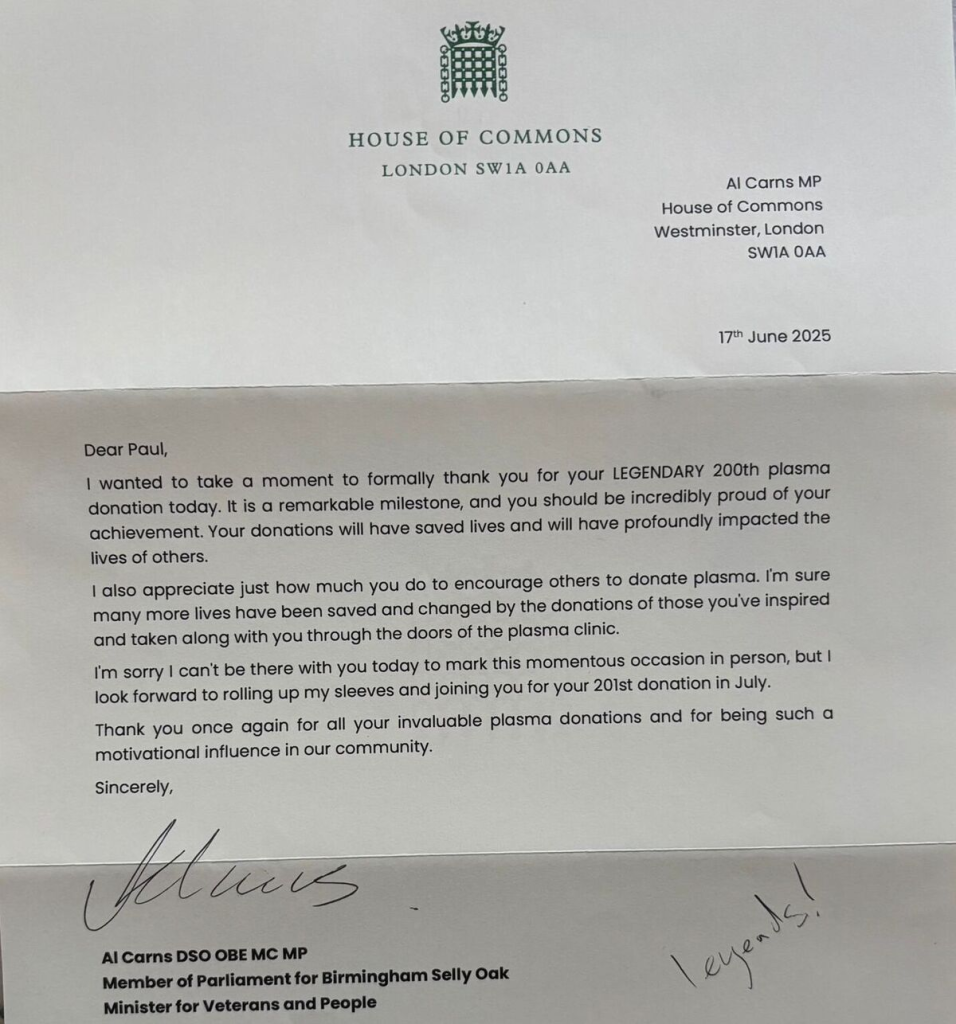
The minister, who recently scaled Mt Everest in record time to raise funds for vets’ charities, told Cadman he should be “proud,” adding: “You will have saved lives and will have profoundly impacted the lives of others.
“I also appreciate just how much you do to encourage others to donate plasma.”
Carns said he plans to “roll up his sleeves” when he joins Cadman for his 201st donation in July.
In emotional scenes on Tuesday this week at the NHS Plasma Donor Centre on New Street in Birmingham, Michelle Pouton, who suffers from a rare blood condition, came in to congratulate and thank Cadman, who has been giving blood and plasma for nearly 40 years.
Michelle, from Coventry, said: “I simply wouldn’t be here without plasma. I developed a really rare blood condition and without plasma exchange I wouldn’t be here. It saved my life.”
Cadman, CEO of the One Thousand Trades Group of companies, said: “I’m very honoured to receive a letter from the minister, not least because I know how busy he is, so him making time to send this is a true mark of his class.
“But even more touching than a ministerial ‘thank you’ was meeting Michelle to hear directly from her how plasma donations have saved her life. That was just awesome.”
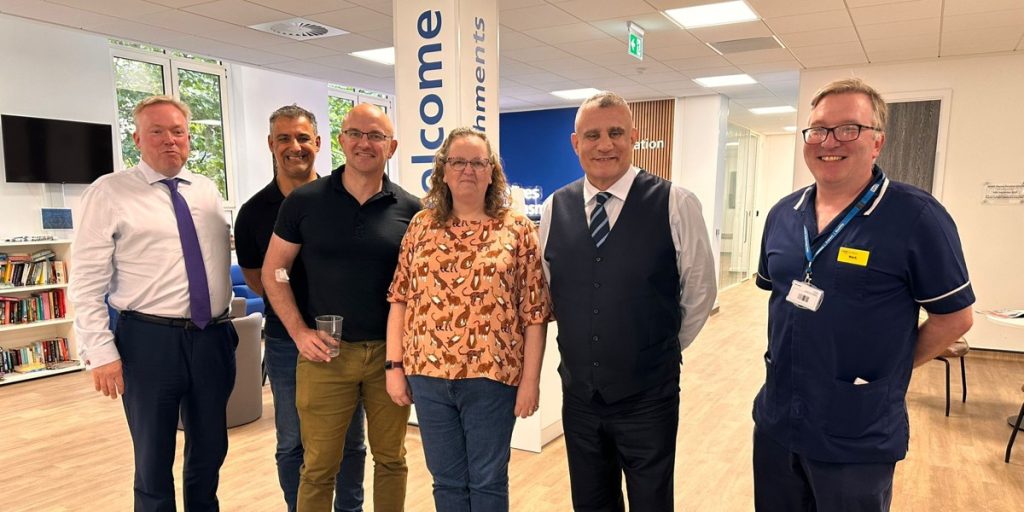
‘Liquid gold’
Plasma is the part of human blood that carries platelets, red blood cells and white blood cells around the body.
It makes up approximately 55% of a person’s blood and contains infection-fighting antibodies known as immunoglobulins, which are made into medicines to help people with rare diseases, immune disorders and genetic conditions.
Unlike donated blood, donated plasma does not have to be matched to the recipient’s blood type. Donated plasma builds the recipient’s antibodies and can be used, for example, to support cancer treatments, protect pregnancies and help babies’ hearts to continue to beat.
